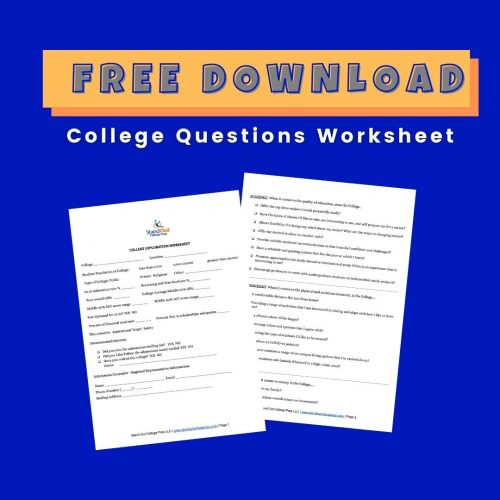Was this article helpful?
YesNo

Bethany Goldszer is top college admissions and financial aid expert. She's been featured in HuffPost, USA Today, Newsday, Queens Gazette, and Official Black Wall Street & voted Best of Long Island. Faced with the overwhelming stress of applying, getting admitted to and financing her University of Chicago education, she started Stand Out College Prep LLC in 2012 so that no student or parent would have to go through this process alone. Over the last 15 years, Bethany has worked with over 1,500 students, helping them and their parents get into their top choice colleges and secure more than $20M in financial aid and scholarships. And each year, she continues to help more students stand out in the college admissions process and their parents navigate financial aid and scholarships.
Recommended Reading
How to Get Into a Good College
How do you get into a good college? First you have to know what colleges look for in their recruitment of students. This post shows you how.
What to Expect at a College Fair in New York City
Attending a college fair in New York City can be overwhelming, but this guide will help you make the most of your time there.
6 Activities that Impress Colleges
Learn about fun and exciting things you can do this summer, activities that impress colleges and boost your college application.
Tools to Get Ready for College
This post reviews all the things to do and prepare as you get ready for college. From researching schools, building a list, and applying.
Why You Need a College Major
Learn the practical reasons you need to decide a college major. Win in the college admissions process and choose the right schools.





